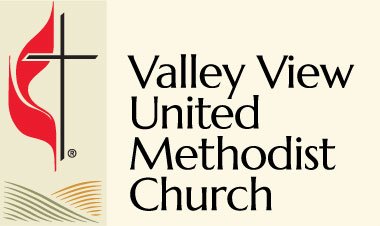English is Barely a Language
With thanks to Michele for inspiring the topic.
Before you ask me what English is if not a language, let’s start from a different spot in the reasoning and logic of the point I will be attempting to make in this article today: Scripture is important. Scripture is very important. Theologically speaking it is the primary source material of the shared tradition, living, and speaks to us from beyond the original author, context, and reason. Scripture is a big deal.
Scripture is such a big deal that it was one of the big sticking points during the Protestant Reformation. Martin Luther wanted to be able to read the Bible in German, a language he spoke daily and read constantly, rather than Latin. The big change from Vatican II for the Catholics was the swap from Latin services to the local languages. Being able to read scripture for yourself was once considered absolutely radical (and supposedly you could be burned as a heretic for even owning an English Bible during the early reign of Henry Tudor aka Henry VIII). Being able to access and understand scripture, even if not experiencing a full revelation upon first read, makes scripture important.
And I’ve asked before about favorite scriptures. Most of us have one if not several. Words that are written on our hearts (Hebrews 8:10) and help keep us on paths of righteousness, aligned with God’s will, and remind us to love our neighbor. Scripture is a basis of our faith. The foundation. A revelation that connects us to the divine.
So you’d think we’d have a single, agreed upon, definitive version of the Bible.
Ha!
By last count there are upwards of 100 versions of the Bible translated into English. Some do a very good job of translating from the Hebrew, Greek, and/or Aramaic like the New King James Version (NKJV), the English Standard Version (ESV), and the New English Translation (NET). This take the original language and translate word for word with very little reorganizing by the rules of the target language. The New International Version (NIV) takes things one idea at a time rather than a by word translation. This helps with idiomatic expressions. The New Revised Standard Version (NRSV) which is now the New Revised Standard Version Updated Edition (NRSVUE) is considered one of the best at balancing between literal word for word translation, paraphrasing, and translating the ideas shared in the original languages while also honoring any rules and formats from the target language.
So which version of the Bible is the best? The one you can read and understand. There are versions which cut out bits (looking at you very original King James Version) that would be scandalous- aka all the fun gory bits that feel like maybe you shouldn’t be reading about this in church? Yeah. But there have been other versions that edited here and there (or before literacy and access was much more common, specifically omitted by clergy to aid in their viewpoints and theological understanding.) These “versions” were not all official, not all written down, and not really the point here.
Let’s get back to English as I wrap this up. English is… barely a language. My favorite comment is that English isn’t a language. It’s three languages in a trench coat with some spare vocabulary and grammar in the pockets. Which feels… accurate. We have loan words from other languages like déjà vu. Which is just straight up French. We do our plurals based on a few different grammatic rules which is why Goose become Geese but Moose stays… Moose when plural. Many much moosen. Ox becomes oxen but box becomes boxes. Different language origins, different plurals. And that’s not even touching on how to pronounce English.
So, English is barely a language, there are 100+ versions of the Bible in English… make sure you’re reading at least one, but maybe try a few. You might learn something new.
